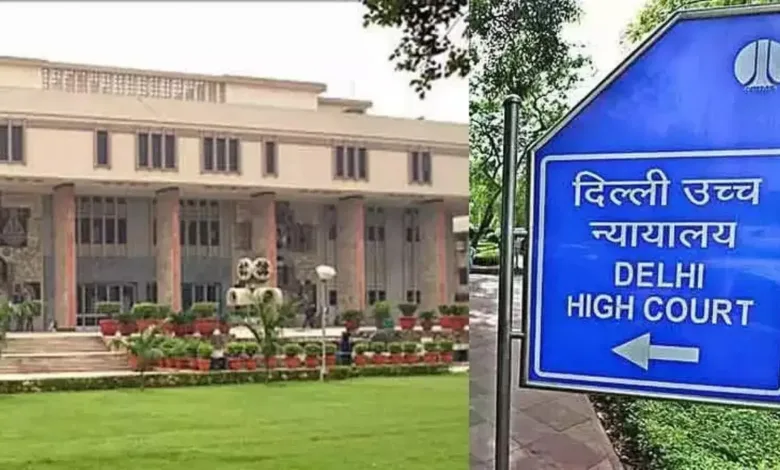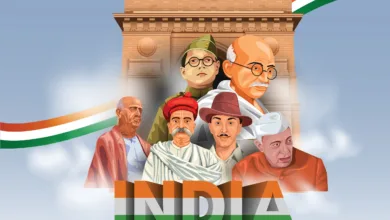Can a husband’s right to privacy override a wife’s right to seek evidence to prove her allegations of adultery?
The high court, in its verdict, said the wife's plea for seeking details was not only based on morality but also on specific rights granted under the Hindu Marriage Act and the Family Courts Act. (HT Archive)

A woman’s right to prove adultery will prevail over her husband’s privacy rights, the Delhi High Court ruled on Wednesday, confirming a family court’s decision to summon call records and hotel reservation details of a man who was believed to be involved in an extra-marital affair.
Justice Rekha Palli pronounced the verdict as the high court dismissed the husband’s challenge to the family court’s orders allowing call detail records and records of a hotel room in Jaipur where he allegedly stayed with a female friend. In the pending divorce petition, the wife had sought these details.
The woman approached the trial court under Section 14 of the Family Courts Act, which mandates that the family court may receive any report, statement, document, information or case as evidence, which in her opinion may assist in effectively dealing with the dispute. whether it would be otherwise relevant or admissible under the Indian Evidence Act, 1872.
Before the high court, opposing the orders of the family court, the husband argued that the wife was not able to prove her allegations and said that allowing access to such details would not only violate her privacy but also her privacy. The woman involved and her daughter, who have nothing to do with her marital dispute. He further said that the directives will also raise questions on the validity of the minor child.
Advocate Prabhjit Johar, representing the wife, said that not only reservation details and call records are necessary to determine the case, but the right to a fair trial and public interest cannot be affected by citing the right to privacy. Johar emphasised that the right to privacy should give way to public justice and legitimate public interest, which has wide-ranging implications.
The high court, in its verdict, said the wife’s plea for seeking details was not only based on morality but also on specific rights granted under the Hindu Marriage Act and the Family Courts Act.
“After considering who should have the right in the facts of the present case, I am inclined to accept the petition of the respondent (wife). The petitioner’s (husband’s) claim is based solely on the right to privacy, as was held in KS Puttaswamy (Supra) and Joseph Shine (Supra), it is not an absolute right; On the other hand, the respondent wife’s prayer is based not only on morality but also on the specific rights granted under the Hindu Marriage Act and the Family Court Act. ”
“Therefore, I have no hesitation in saying that the authority of the respondent should prevail and, therefore, there is no reason to interfere with the disputed orders. The family court, through impugned orders, has sought records that pertain only to the husband of the respondent and not to his friend or his daughter. Therefore, there is no question of their right to privacy being violated in any manner,” the judge said in the 35-page judgment.
Justice Palli also noted that the wife has admitted that she has not sought any details about the husband’s friend or his daughter.
The court further said that the wife has not only provided the petitioner with several photographs showing closeness with her female friend, but also the details and dates of the room on which according to her legally wedded husband was living with the woman.
“… The petitioner (husband) has taken a contradictory stand with regard to the presence of his female friend in the hotel. While in his written statement he has stated that he was on an official visit to Jaipur with his female colleague and hence, two rooms were booked for him at Hotel Fairmont, in response to the application he has claimed that he had met the woman friend at the hotel by chance as coincidentally she was also staying there. The respondent is the abandoned wife of the petitioner, who clearly has no direct evidence of her husband indulging in adultery,” the court said.
| Daily current affairs Updates | Click Here |
| Law Notes Free Channel | Click Here |




